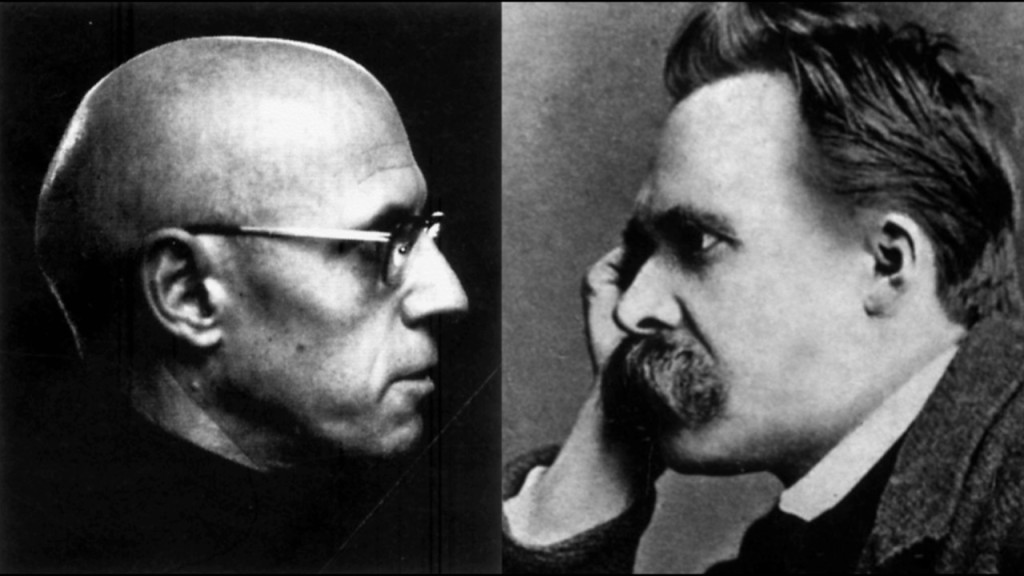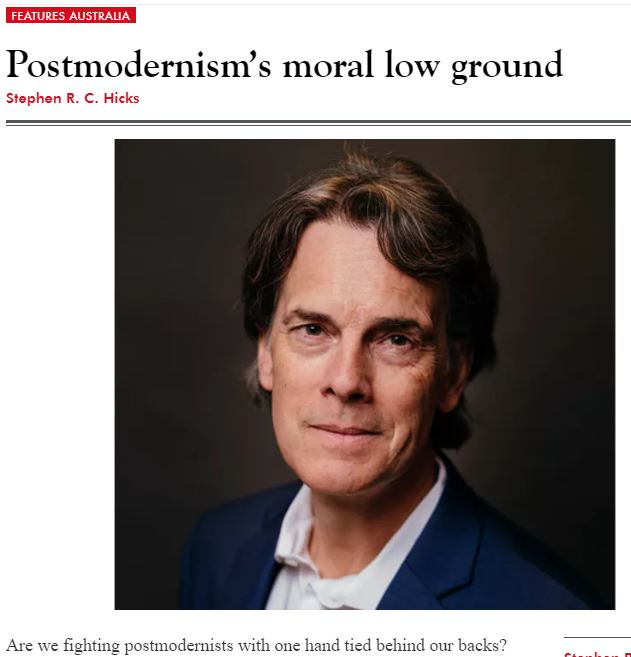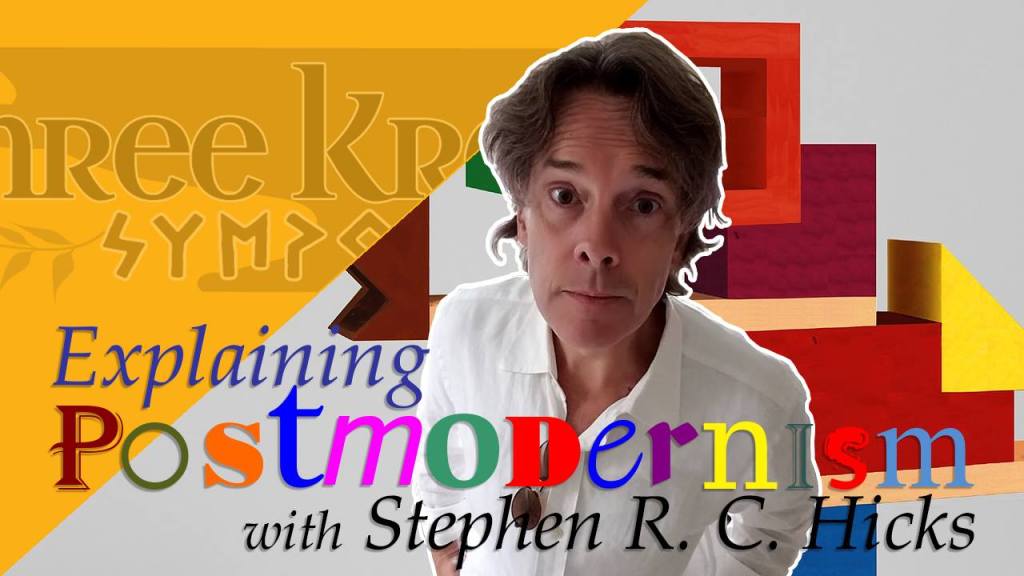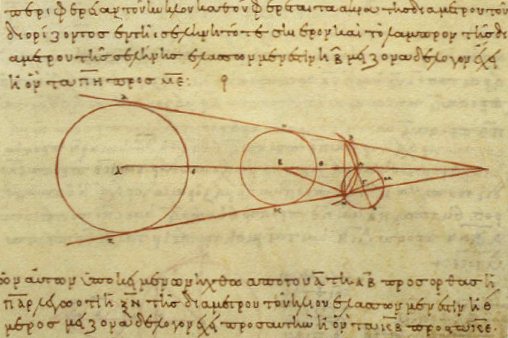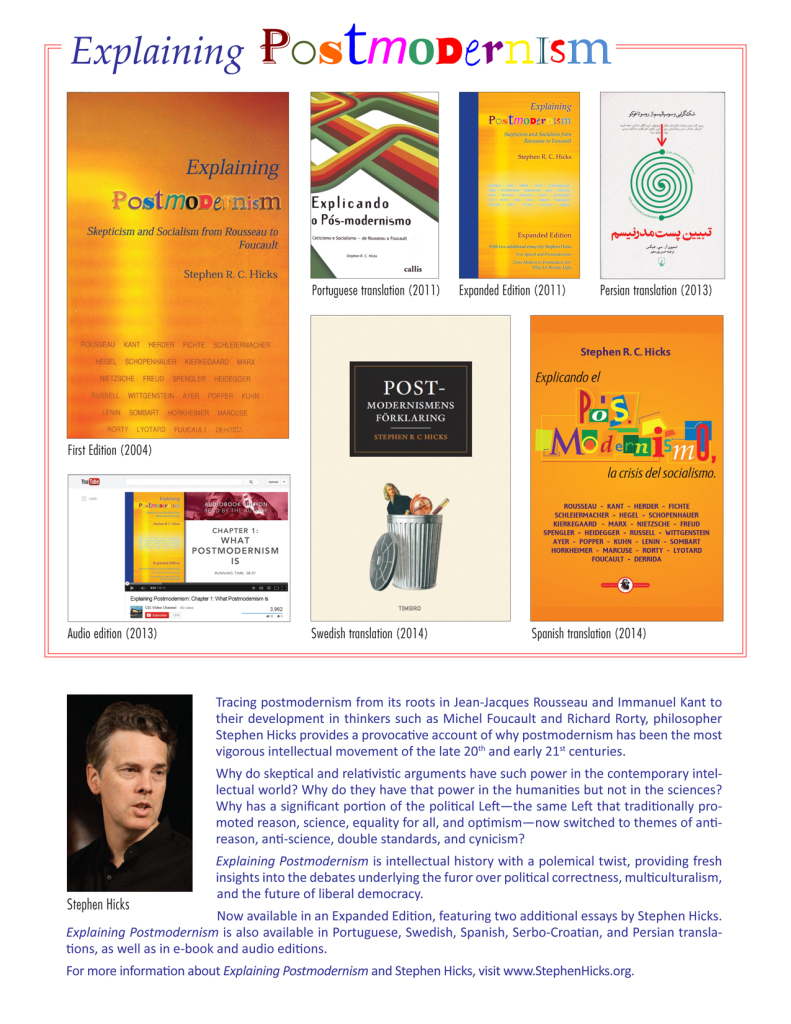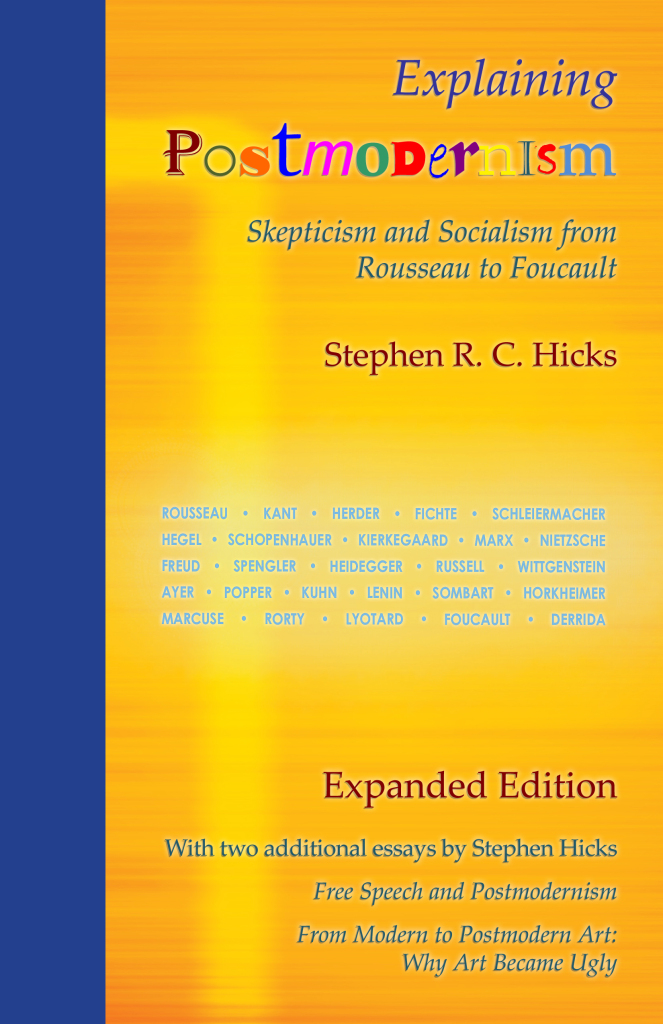Is German philosophy really Counter-Enlightenment? Nietzsche’s assessment
My Explaining Postmodernism book is negative on the major developments in German philosophy, tracing a devolution from Kant through Hegel, Marx, Nietzsche, and Heidegger to the postmodernists. Lots of room in that story for nuances and exceptions, and I’ve received much criticism for being harsh on the German thinkers. I have two forthcoming Open College […]
Is German philosophy really Counter-Enlightenment? Nietzsche’s assessment Read More »
